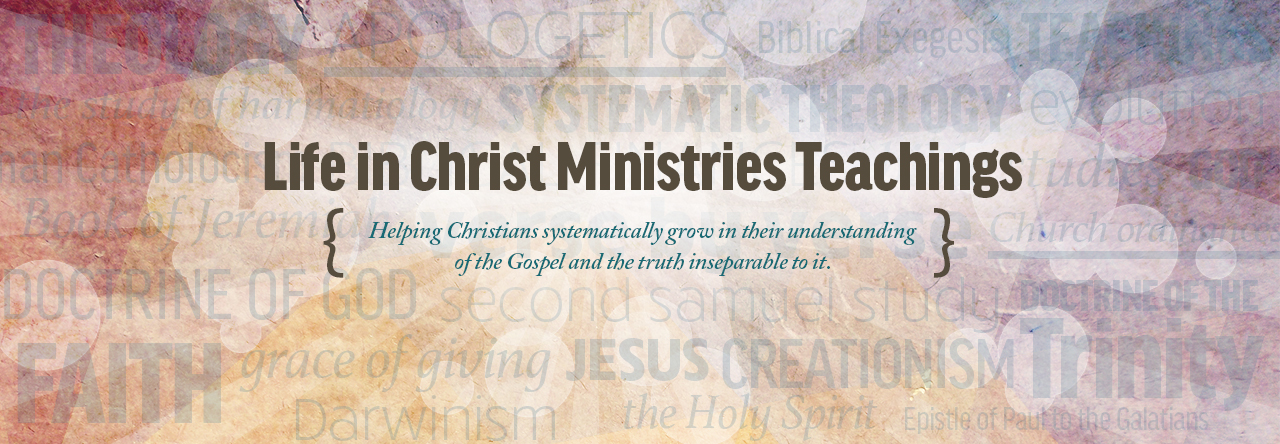6 The Lord said also to me in the days of Josiah the king: “Have you seen what backsliding Israel has done? She has gone up on every high mountain and under every green tree, and there played the harlot. 7 And I said, after she had done all these things, ‘Return to Me.’ But she did not return. And her treacherous sister Judah saw it. (Jer 3:6-7 NKJV)
6 The Lord said to me in the days of King Josiah: “Have you seen what she did, that faithless one, Israel, how she went up on every high hill and under every green tree, and there played the whore? 7 And I thought, ‘After she has done all this she will return to me,’ but she did not return, and her treacherous sister Judah saw it. (Jer 3:6-7 ESV)
The reason why there are two verse citations from two different translations above is so you can see the issue open theists raise with this passage. If you open your King James Bible, or your New King James Bible, and read the passage you might wonder, “Where’s the controversy?” If, however, you were to read the ESV, NASB, or NIV, you would see it clearly in verse 7. The open theist sees a verse that quotes God as saying, “I thought, ‘After she has done all this she will return to me,’ but she did not return…’” and they conclude that God made the best assessment He could make with the information He had but was wrong. Again, as at other times, we’re presented with two options. Leaving the translational difference aside for the moment, if we take the ESV translation at face-value (which is a legitimate translation of the text) either God made a mistake or He was speaking in anthropomorphic language to make a specific point. Think about the first option – it’s the equivalent of saying ‘God made an oops.’ He looked at the evidence, came to a conclusion, and was surprised to find out His infinite wisdom (Ps 147:5) had limits. Such an assessment would contradict Scripture, misinterpret the text, and misrepresent God.
Read More

















